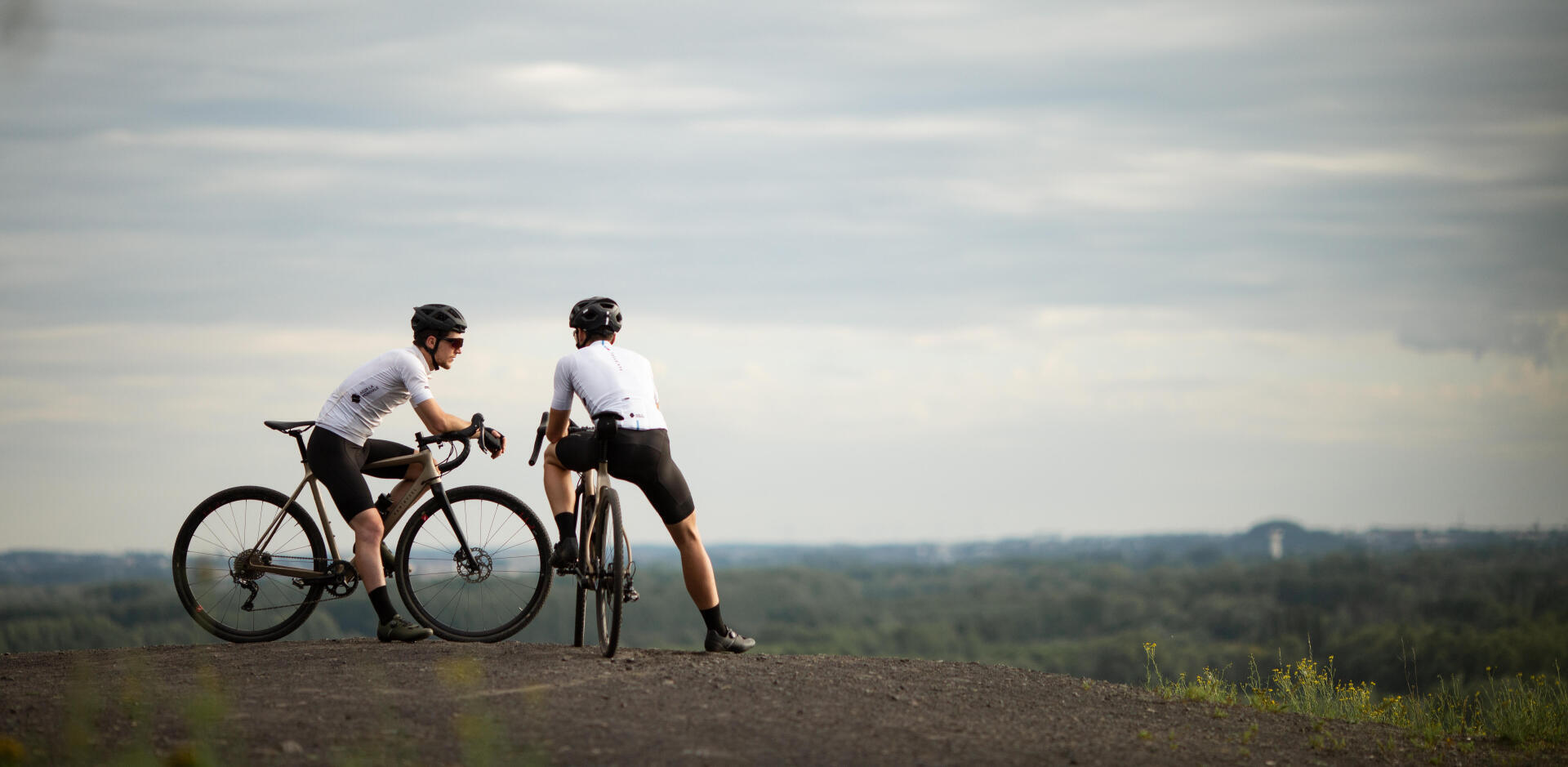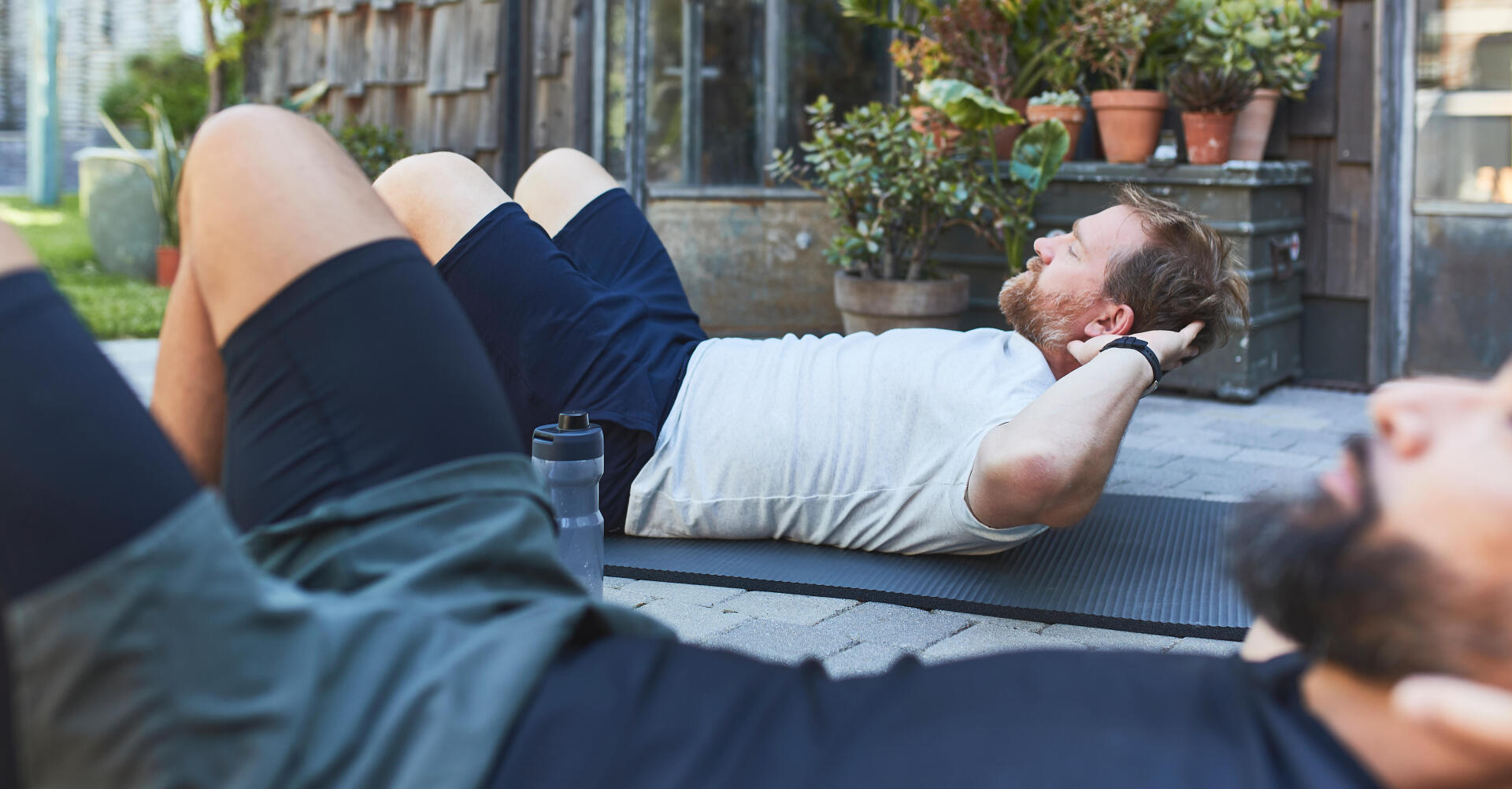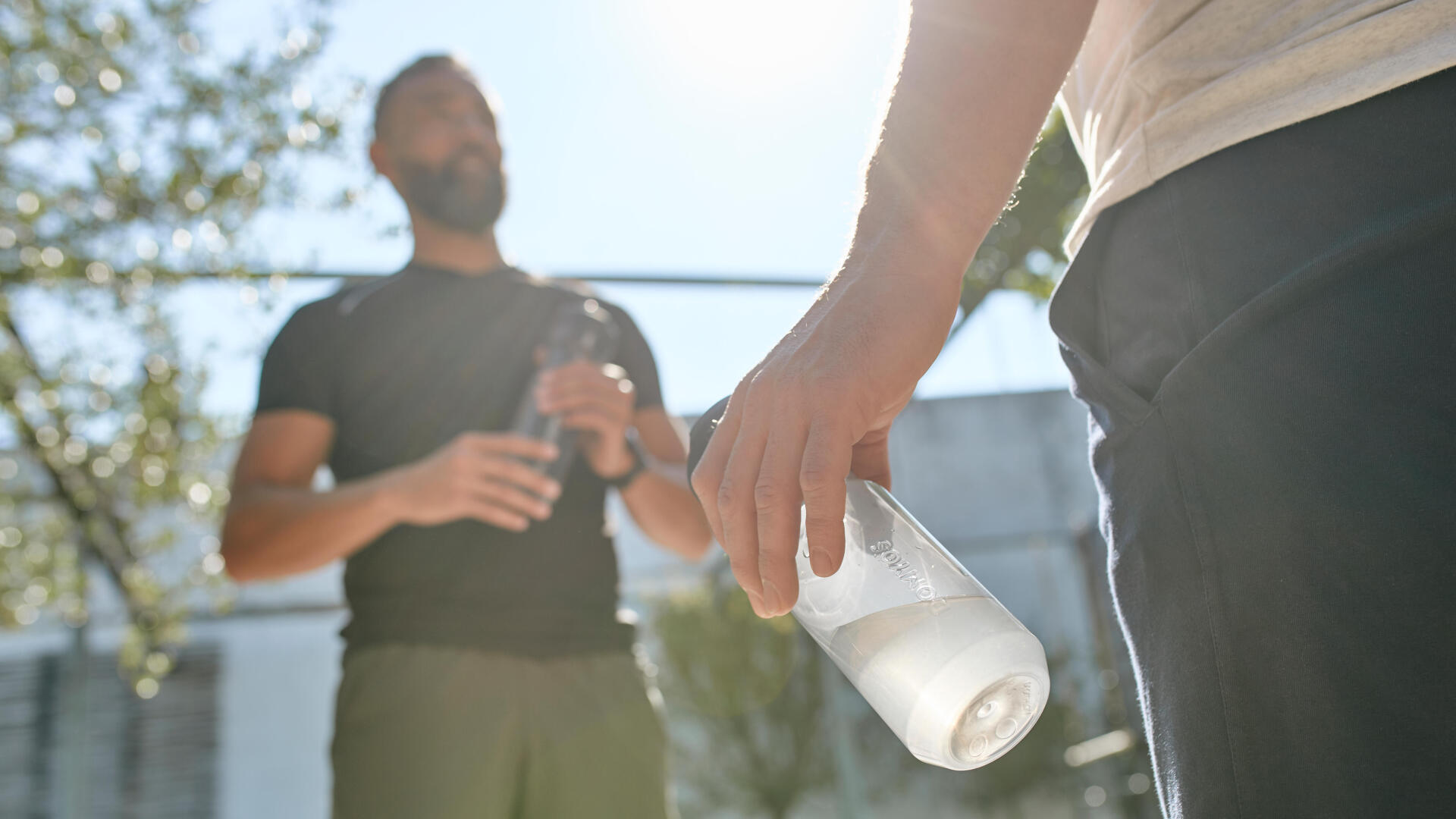Get advice from a sports doctor
I could not have chosen better than Dr Samuel Maraffi to help you separate truth from fiction when it comes to taking a break from sports. Forget everything you may have heard on this topic and read on with an open mind. Both a family doctor and a sports doctor, Dr. Maraffi advises a professional cycling team, as well as an athletics and trail running club at Annecy. He is also head of a trail running university program in Besançon. He himself practises two of these sports (cycling and trail running) along with a full list of other endurance sports. He shares his expertise at other organisations, including Decathlon, and acts as medical adviser on sport-health issues at our research and development lab, our “SportsLab”.
Dr Maraffi enthusiastically replied to my request, and as it so happened was attending a conference on that same topic.
I hope I've convinced you to read on, so without further ado, let's hear what the good doctor had to say.









